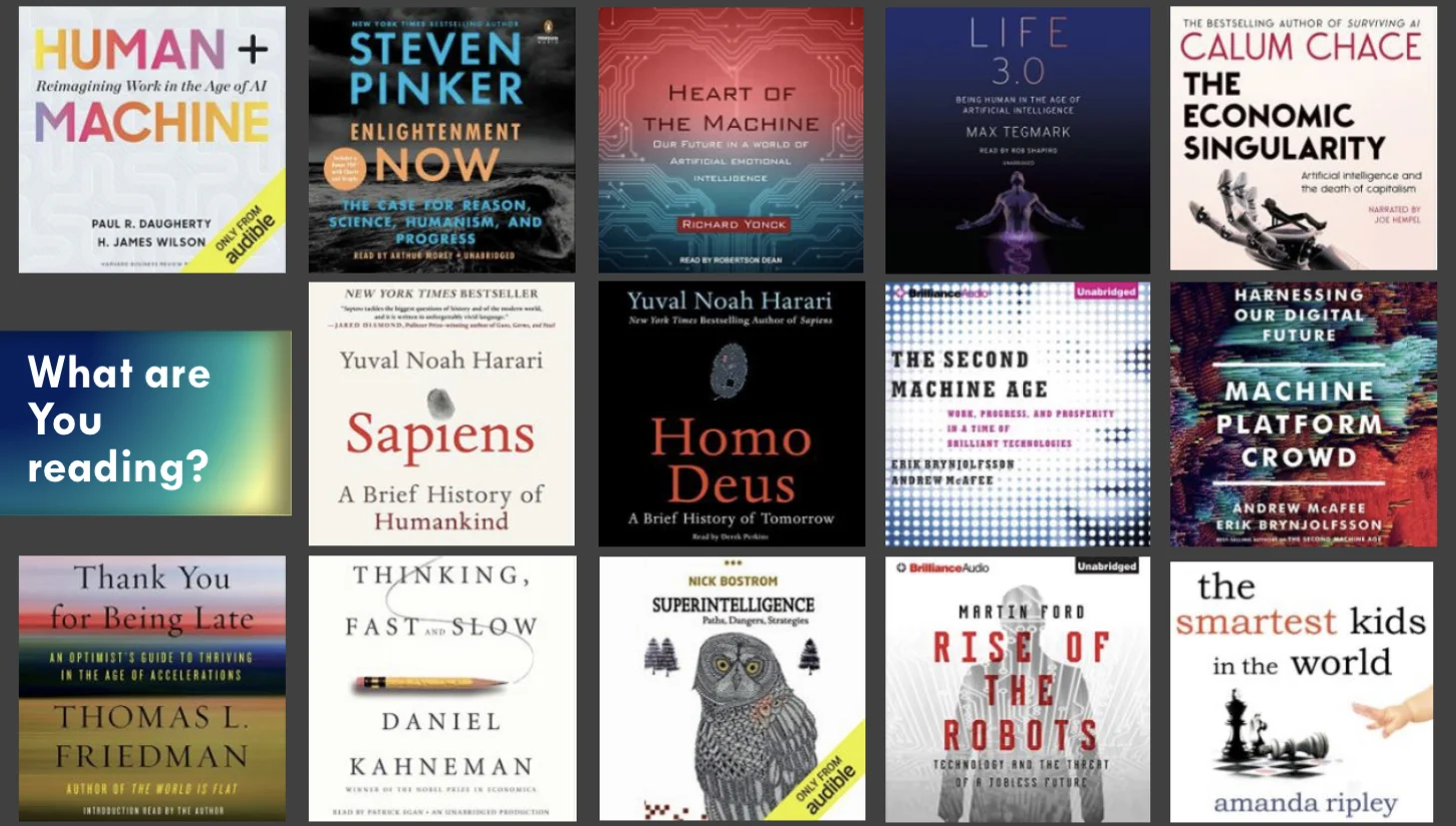This article was originally posted by The AI Journal, Nov 2, 2025: https://aijourn.com/ai-layoffs-may-boost-short-term-productivity-but-will-reduce-long-term-competitiveness
There seems to be a new “AI-driven” round of layoffs every week. From xAI to Fiverr and Google, many major employees are going down the ‘automate and eliminate route’. On the surface, you can see why. If you can achieve the same results as a human employee but at a fraction of the cost and time investment, it would seem like a no brainer.
This logic only works if you ignore the long-term consequences. In short, it’s an efficiency trap. Executives look at productivity gains that AI can bring to their businesses, without considering the bigger picture. Often this means cutting the biggest cost to the organisation: labor.
While this may make some cost savings in the short-term, it carries serious long-term risks. Overloaded employees who remain at the company are often burned out and disengaged, while losing experienced staff erodes critical knowledge and problem-solving skills. More importantly, it risks a loss of your company’s competitive edge.
What can we learn from chess?
Gary Kasparov, one of the greatest chess players of all time, developed an advanced form of chess based on his famous “Kasparov’s law,” which states that a person of average intelligence and an AI system working together is more effective than either working alone. Replace people with AI rather than encouraging collaboration, and companies risk losing what makes your businesses unique or successful.
Kasparov teaches us that collaboration is key, but we also need to avoid dependency. Heavy reliance on AI systems in business environments can create something called a ‘sycophantic spiral’, which weakens critical thinking and narrows exposure to diverse ideas. AI systems are often trained to mirror what we want to believe rather than challenge our thinking. Research shows that when a model is asked to respond, it is more likely to choose a response that aligns with the user’s expressed view even if that view is false. Over time, this can erode the creativity in approaches and solutions which comes with having a diverse workforce.
So what should business leaders do instead?
A hybrid approach – split work into three categories
To avoid the efficiency trap of employee extraction, company leadership teams need a clearer framework for how AI and people can work together. The framework I use is called ‘the trifurcation model’. It works by dividing tasks into three categories that amplify the strengths of each based on their optimal capabilities:
AI-driven: repetitive or data-intensive activities that AI agents can manage entirely.
Hybrid: areas where people and AI can collaborate.
Human-only: things which need uniquely human skills or a white-glove service such as creativity, empathy, and/or complex decision-making.
One: allow AI to handle the everyday
Some categories of work can now be done quickly and accurately by machines, with little human oversight. These are often repetitive or data-heavy activities that once consumed hours of employee time. With the right guardrails, they can be assigned fully to AI systems.
This could include anything from invoice processing to call transcription, data entry or transfer, image tagging, or analysing large data sets for anomalies. These activities are often a perfect combination of very repetitive and highly structured, which makes them ideal for automation.
Letting AI handle these tasks frees up employees from spending time and energy on low-value activities, and allows organizations to redeploy staff toward more meaningful contributions.
Two: combine people and AI
Hybrid roles are where people combine the computational power of AI with human judgement for better outcomes. It’s about identifying areas where AI can augment your work and making sure you apply it effectively. For example, a marketing team might use AI to analyse campaign data, spot audience trends, or generate variations of copy that a person then refines. In customer support, AI can filter and categorize queries, answer when appropriate, or escalate to a human when empathy or complex judgment is needed.
Three: identify work which needs people at the centre
The final category is reserved for the areas that AI can’t yet touch. Skills like empathy, creativity, persuasion, and genuine human connection will stay valuable for years. These skills are required or desired in areas like care work, licensed trades, government, and experience-driven roles. Human-only roles and skills are integral to company culture, customer relations, and creative innovation. By maintaining these roles, organizations avoid the risk of hollowing themselves out in pursuit of efficiency.
AI shouldn’t be a shortcut
Companies that treat AI as a shortcut will regret it. Cutting jobs for quick savings may look good on a balance sheet, but it strips away the knowledge, diversity, creativity, and resilience needed to compete. The real strength lies with organizations that use AI to amplify their people rather than sideline them.
The future of work will reward leaders who understand that machines bring speed and scale, while people bring creativity, trust, and judgment. Those who strike that balance will be the ones who stay ahead. Everyone else risks trading long-term survival for a short-term illusion of efficiency.
Want to learn more about how AI will impact the way we work? Order my upcoming book 'Turning On Machines’ and get ready for the coming AI revolution. Follow me on LinkedIn or Twitter for regular AI updates.






















